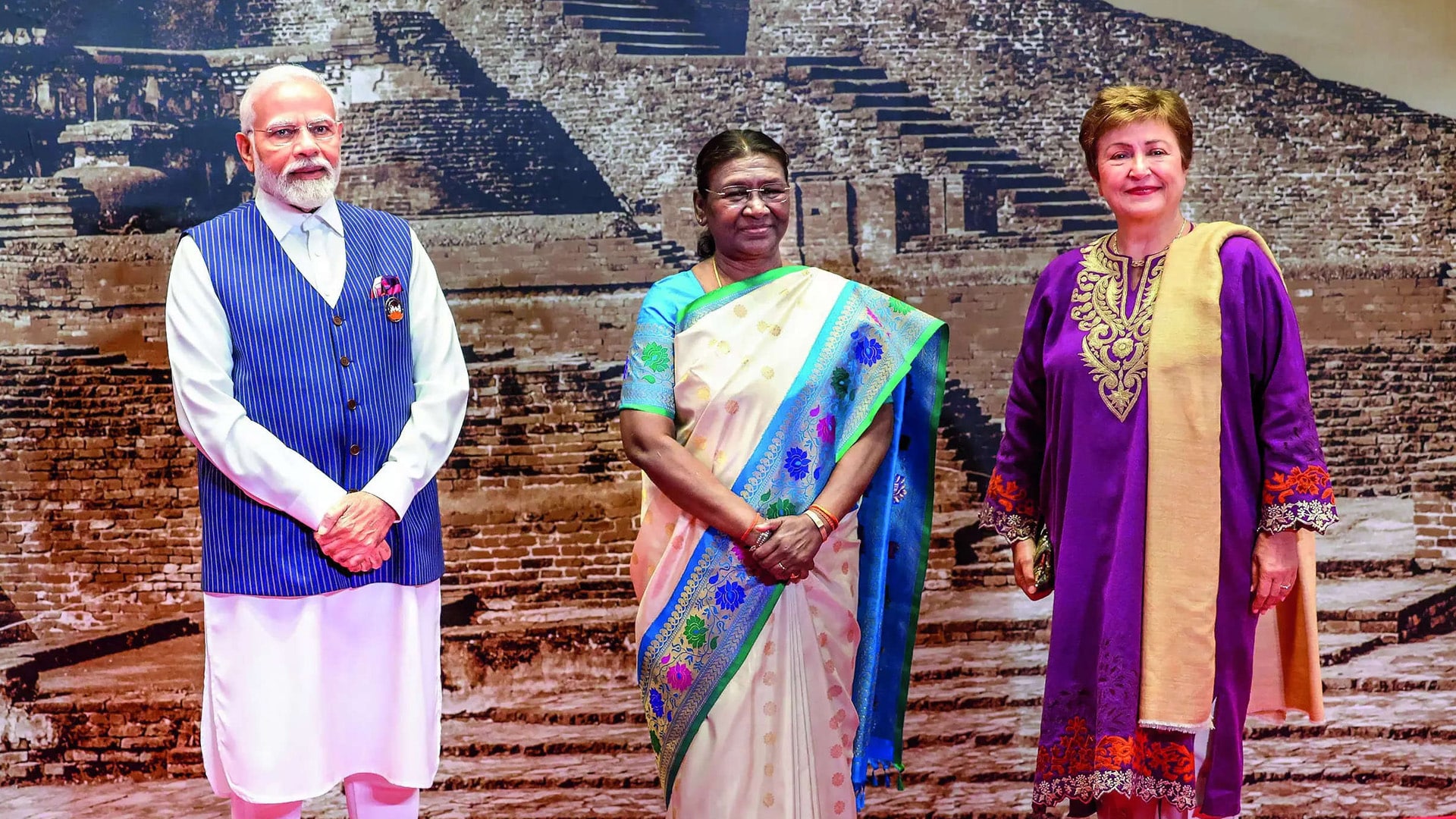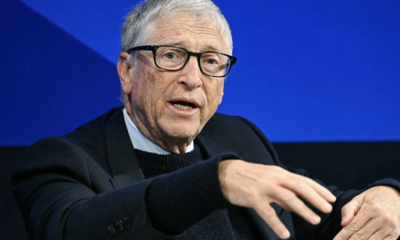Business
Countries need to pursue growth oriented structural reforms for faster economic recovery: IMF MD at G20 Summit
IMF Managing Director Kristalina Georgieva on Sunday said global recovery is slow and uneven and underscored the need to pursue sound policies for financial stability and growth-oriented structural reforms.
Speaking at G20 Leaders’ Summit here, Georgieva said, G20 members must lead by example in delivering on the promises of USD 100 billion per year for climate finance, supported by strengthening Multilateral Development Banks(MDBs). The International Monetary Fund (IMF) has secured over USD 40 billion to support vulnerable countries through its Resilience and Sustainability Trust (RST) to build climate resilience, she said.
Countries also need to mobilize domestic resources to finance and manage the green transition through tax reforms, effective and efficient public spending, strong fiscal institutions, and deep local debt markets, she said. Observing that global recovery from the COVID-19 pandemic is slow and uneven, she said, all countries should pursue sound policies to support economic and financial stability and growth-oriented structural reforms against this background. This is especially important in emerging and developing countries, where such reforms can boost output by up to 8 per cent over 4 years, she said.
“We also need to further invest in international cooperation. This implies swiftly addressing debt problems where they arise, including through the G20 Common Framework and the new Global Sovereign Debt Roundtable,” she said. To make the global economy stronger and more resilient in a more shock-prone world, she said, it is vital to reach an agreement to increase IMF’s quota resources before the end of the year and secure the needed resources for the Fund’s interest-free support to the poorest countries through the Poverty Reduction and Growth Trust. During the India Presidency a, lot of work has been done on MDB reforms, a government official said, adding, “quota reforms are under discussion and we do expect that something will come out.”
This is one of the priorities under the India Presidency and quota reforms agenda is expected to come up in Marrakesh, Morocco meeting of the finance ministers and Central Bank Governors next month, the official said. To build a prosperous future, Georgieva said the world needs to harness the potential of digital technology and India’s achievement in developing top-tier digital public infrastructure (DPI) stands as a beacon for others. “More work lies ahead, including in the realm of digital money and crypto assets. To this end, G20 has tasked relevant institutions to improve regulation and supervision of crypto assets the IMF is contributing to proposals for a comprehensive policy framework; and advance the debate on how central bank digital currencies could impact the global economy and financial system,” she said.
Appreciating that India’s G20 presidency is a powerful reminder that when the international community comes together to solve global problems, much can be accomplished, she underlined the need to further strengthening the bonds of international cooperation to create a more prosperous and resilient global economy for all.










































